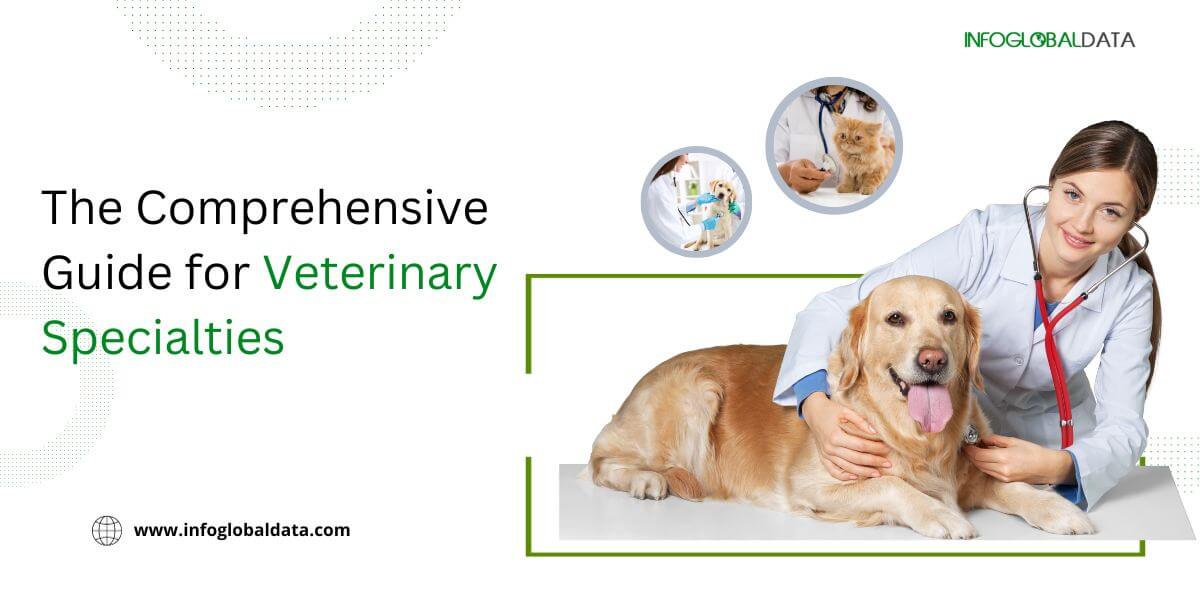
The Role of Veterinary Specialties – Who Are They?
Veterinary specialties represent highly specialized domains of animal care. They are akin to specialized teams of veterinary practitioners who dedicate themselves to the in-depth examination and treatment of specific aspects or ailments. These specialists are comparable to virtuoso practitioners in their chosen fields, possessing an extraordinary depth of knowledge and skill. Unlike generalist veterinarians who provide comprehensive care, specialists channel their expertise into particular areas, such as oral health for pets, dermatology for animals, or surgical interventions for a diverse range of creatures.
How Are They Qualified To Treat Your Animal Companion?
Veterinary specialists are board-certified and undergo a multi-step process. Initially, they complete a four-year degree program in veterinary medicine to establish a solid foundation in animal healthcare. Following their initial education, candidates take up additional training and practical experience, delving into their chosen area of specialization. This intensive training is essential to hone their expertise and prepare them for the intricacies of advanced practice.

Candidates are also required to contribute to academic research within their chosen field, further enhancing their knowledge and understanding of specific veterinary specialties. The certification journey involves the completion of a one-year internship, followed by a two to three-year residency program tailored to the specific specialization. This hands-on experience is crucial in developing practical skills and a deep understanding of the specialized field.
Each specialty may have its unique criteria and requirements, depending on the area of focus. For instance, aspiring veterinary surgeons may need to undergo 80 hours of training under specialists such as anesthesiologists, radiologists, pathologists, and internal medicine experts to gain a well-rounded skill set.
Upon successfully fulfilling all the necessary components of their training and experience, candidates earn the title of board-certified veterinary practitioner. This achievement is attained after rigorous training and passing an examination that demonstrates their comprehensive knowledge and advanced skills within their chosen area of veterinary medicine. You can have complete peace of mind knowing that your animal companion is in the hands of experts who understand their anatomy, biology, and their mental statements better than anyone else.
Buy 100% Opt-In Healthcare Speciality Lists
- Physician Email List
- Dentists Mailing List
- Surgeons Email Database
- Doctors Email List
- Hospital Mailing List
- Cardiologist Email List
- Nurses Contact List
- Primary Care Physician Email List
- Pharmacist Email Database
- Veterinarian Mailing List
- Pediatrician Contact List
- ENT Specialist Mailing Database
- Neurologist Email Addresses
Contact Us for Marketing Campaigns
The Types Of Veterinary Specialists And Their Role In Treating Animals
The world of veterinary specialties is expansive and highly esteemed. Within the American Veterinary Medical Association (AVMA), there are 22 recognized veterinary specialty organizations, collectively representing 46 distinct veterinary specialties.
These specialties encompass a wide array of specialized areas, covering everything from cardiology to surgery, ensuring that animals of all kinds receive the highest quality of care. Over 16,500 dedicated veterinarians have successfully completed rigorous postgraduate training, extensive education, and demanding examination requirements.
The following are some significant vet specialties:
1. Anesthesia and Analgesia

Although all licensed veterinarians are capable of administering anesthesia, Diplomates of the American College of Veterinary Anesthesia and Analgesia possess specialized training in this specific field. Veterinary anesthesiologists are renowned for their exceptional expertise in pain management and the meticulous mitigation of complications. They custom-tailor anesthesia plans for individual animals, proactively addressing any issues that may arise during surgery and providing diligent post-procedure patient monitoring.
2. American College of Animal Welfare
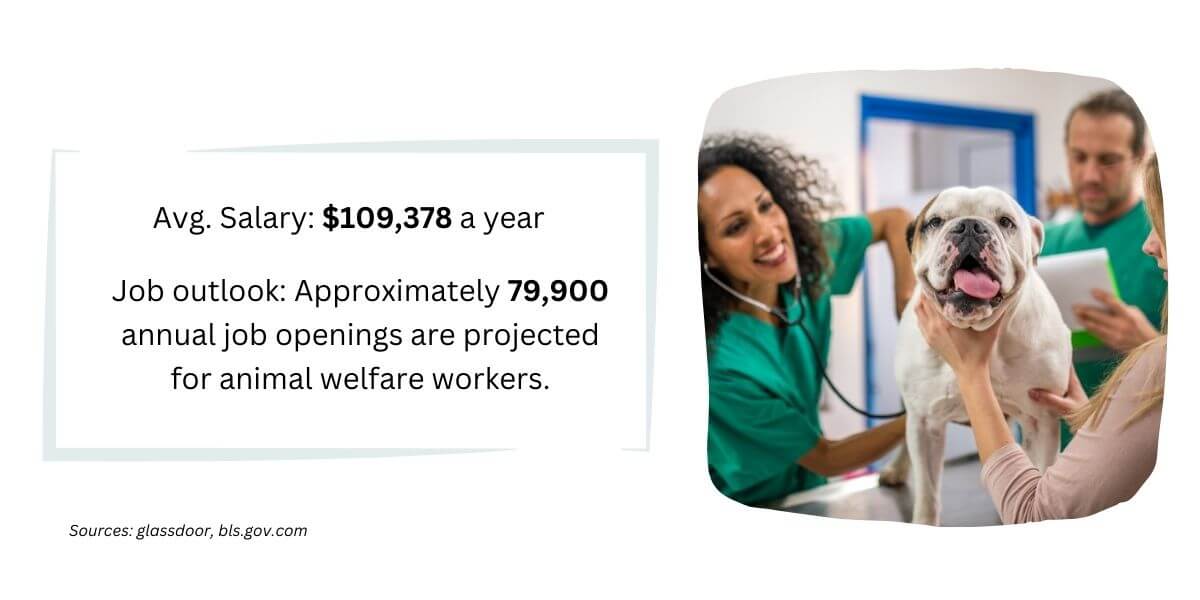
Candidates of the American College of Animal Welfare possess a unique set of qualifications that enable them to play a crucial role in promoting animal well-being. They excel in providing accurate information and valuable advice to the public and fellow veterinarians alike.
As leaders in the fields of animal welfare science and ethics, they possess a profound understanding of how to translate their expertise into practical applications. This specialized knowledge equips them to serve effectively in various capacities, including government roles, positions within universities, and roles within veterinary practices. Their ability to bridge the gap between scientific knowledge and real-world application makes them valuable assets in advancing animal welfare, whether through policy development, education, or direct veterinary care.
3. Behavioral Medicine
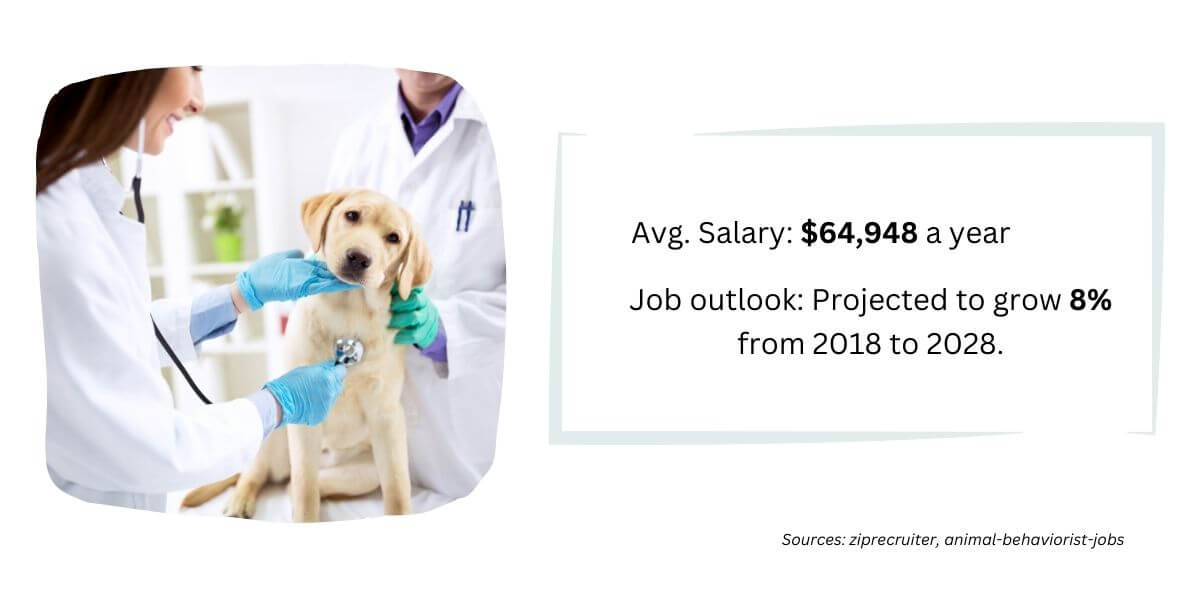
Veterinary behaviorists employ a blend of medical and behavioral expertise when caring for animals. Their patients often present with complex needs that extend beyond routine obedience problems, necessitating a keen ability to gather comprehensive patient histories and discern the most pertinent information. In certain cases, behaviorists may prescribe medication as a component of the animal's treatment strategy.
4. Veterinary Clinical Pharmacology
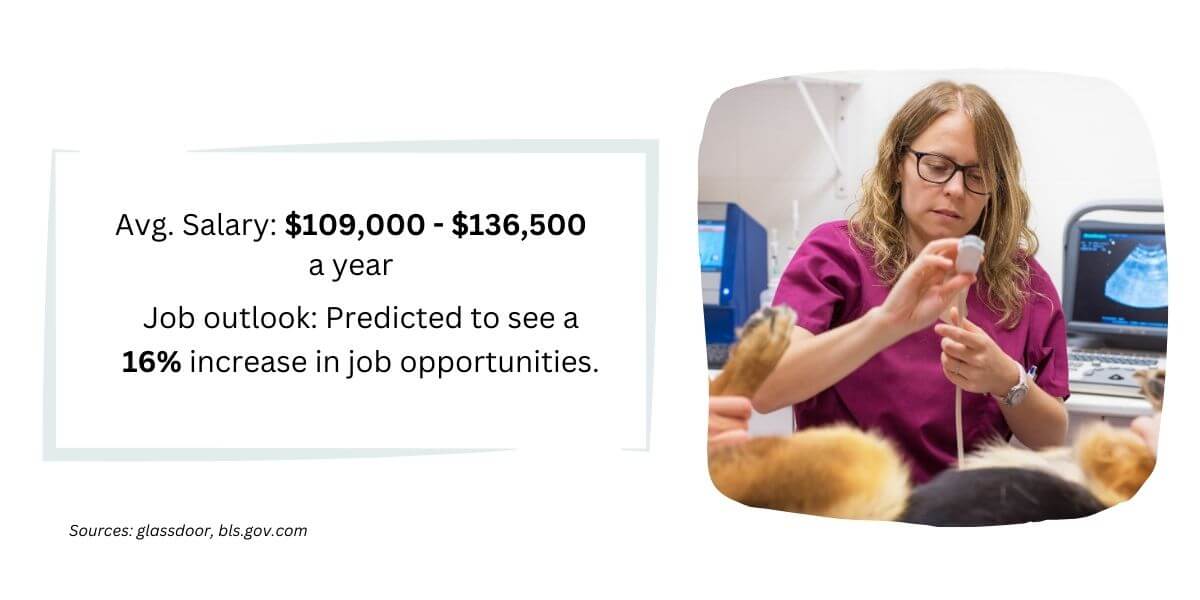
Veterinary Clinical Pharmacology is a specialized field within veterinary medicine that focuses on the study and application of medications and drugs in the treatment of animals. It involves understanding how drugs work, their effects on various animal species, and ensuring safe and effective drug usage in veterinary practice.
Their primary responsibilities include assessing drug safety, efficacy, and appropriate dosages for different species. This aspect also involves studying how drugs are absorbed, distributed, metabolized, and eliminated within an animal.
5. Veterinary Dental
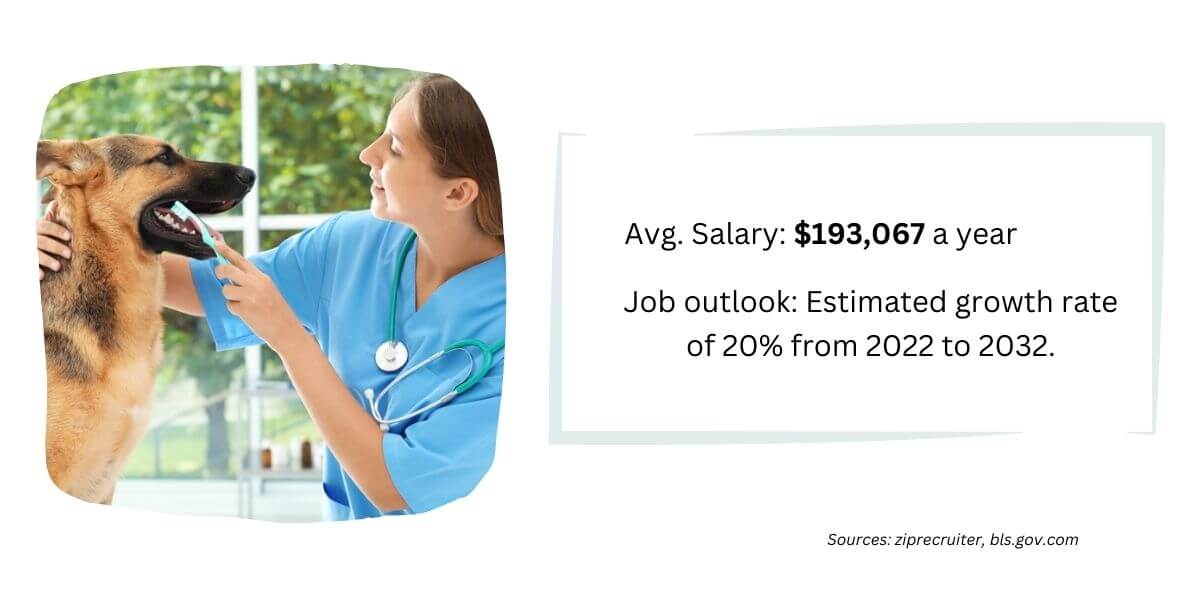
While animals may not place a premium on having aesthetically pleasing teeth, the state of their dental health is of paramount importance in their daily lives. Dental issues can result in malnourishment and persistent discomfort. Diplomates of the American Veterinary Dental College possess the expertise required to undertake comprehensive dental care, including cleaning, alignment, tooth extraction, and any essential oral surgeries. This expertise ensures that animals receive the critical dental care they need to lead healthy and comfortable lives.
6. Dermatology
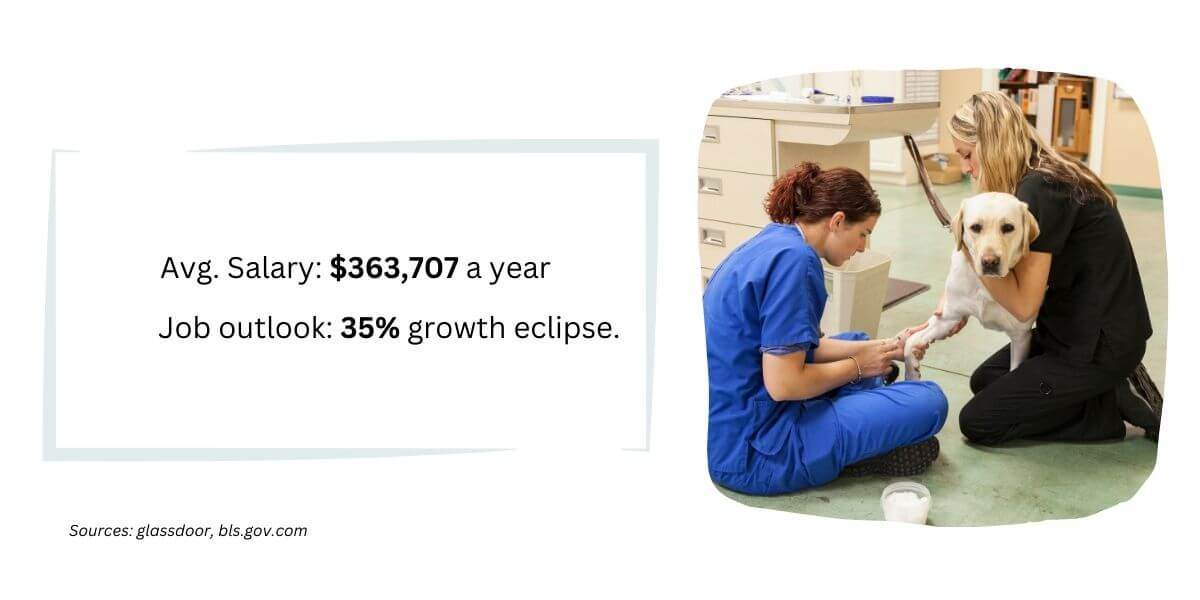
The field of veterinary dermatology extends far beyond simply managing occasional skin irritations. In this specialized field, addressing diverse skin conditions in various animal species is a primary focus. Veterinary dermatologists are adept at employing a wide range of treatment strategies tailored to the unique challenges presented by each species. Furthermore, their training encompasses not only dermatology but also internal medicine, immunology, and allergy, recognizing that certain skin issues may have underlying health roots.
7. Emergency and Critical Care
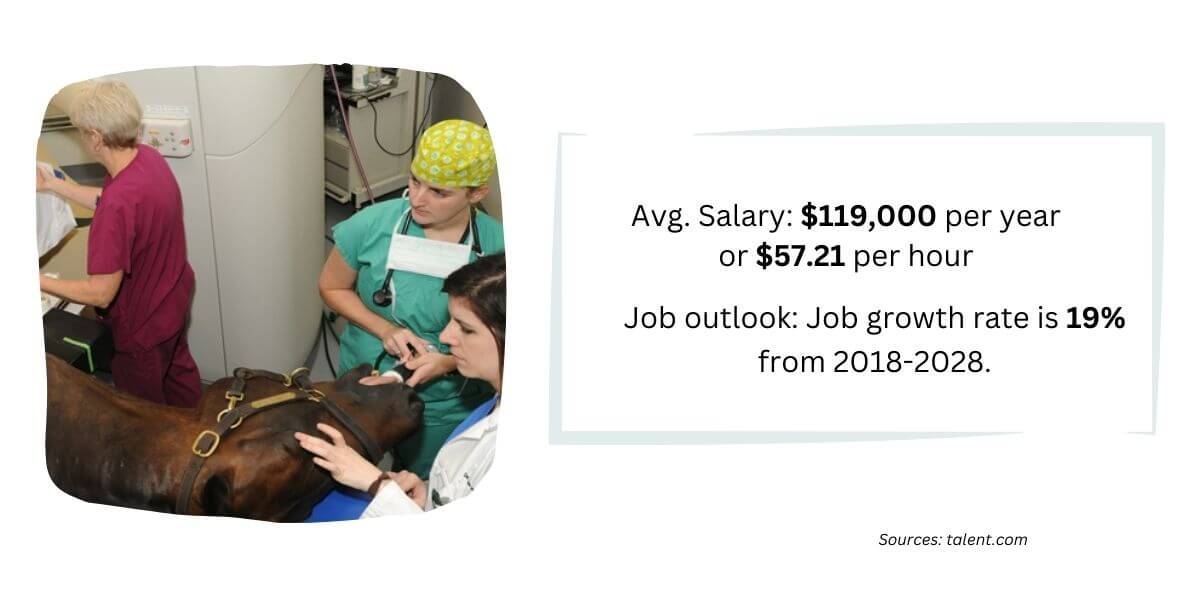
In moments of injury or when life-threatening health issues arise in animals, swift and expert medical care becomes imperative. This is where veterinary specialists in emergency and critical care step in, possessing the specialized training needed to excel in high-pressure situations. Regardless of the nature of the emergency, these professionals are well-prepared to respond rapidly and provide the urgent care necessary to ensure the affected animal receives immediate attention and the best chance for recovery.
8. Internal Medicine
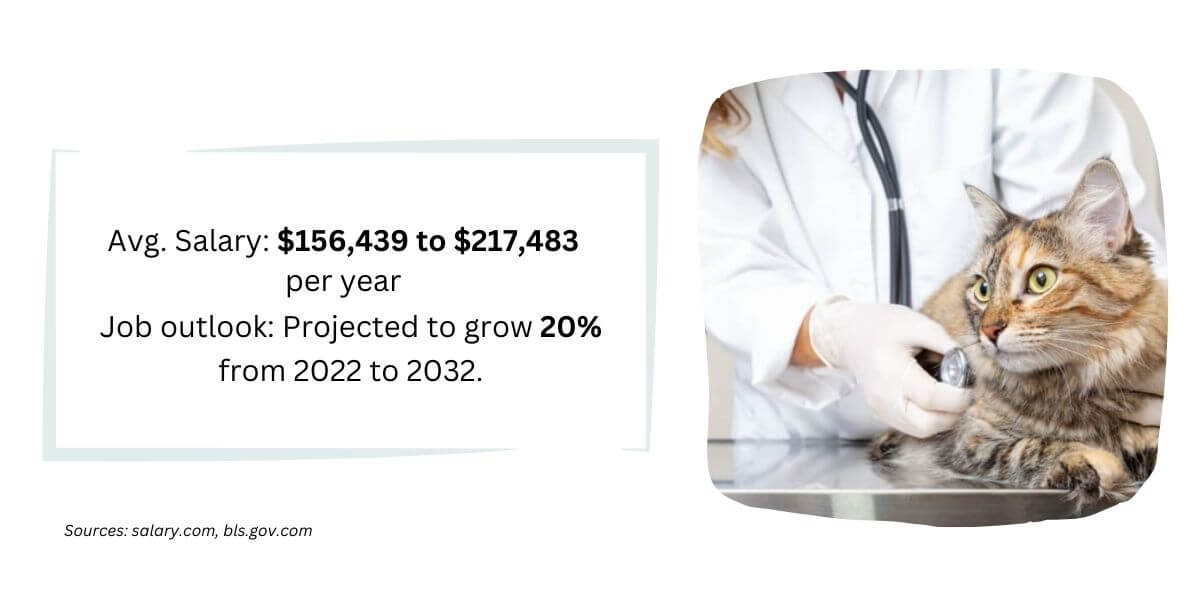
Within the American College of Veterinary Internal Medicine, candidates undergo rigorous training to become highly skilled veterinarians who excel in treating uncommon or complex diseases in animals. Pet owners typically receive referrals to these specialists from their primary veterinarians when faced with intricate cases or when their animals require specialized and technically demanding procedures.
These internal medicine veterinarians can further specialize in various subspecialties, including but not limited to:
- Cardiology: Focusing on diagnosing and managing heart-related conditions in animals.
- Small Animal Internal Medicine: Concentrating on internal medicine concerns primarily in smaller pets like dogs and cats.
- Large Animal Internal Medicine: Specializing in internal medicine issues affecting larger animals, such as horses, cattle, and livestock.
- Neurology: Dealing with disorders of the nervous system in animals, including conditions like seizures and neurological impairments.
- Oncology: Specializing in the diagnosis and treatment of cancer in animals.
- Nutrition: Focusing on dietary needs and nutritional management for animals with various health conditions.
These highly trained specialists play a pivotal role in providing advanced and precise medical care for animals, ensuring that even the most challenging cases receive the attention and expertise they require.
9. Laboratory Animal Medicine
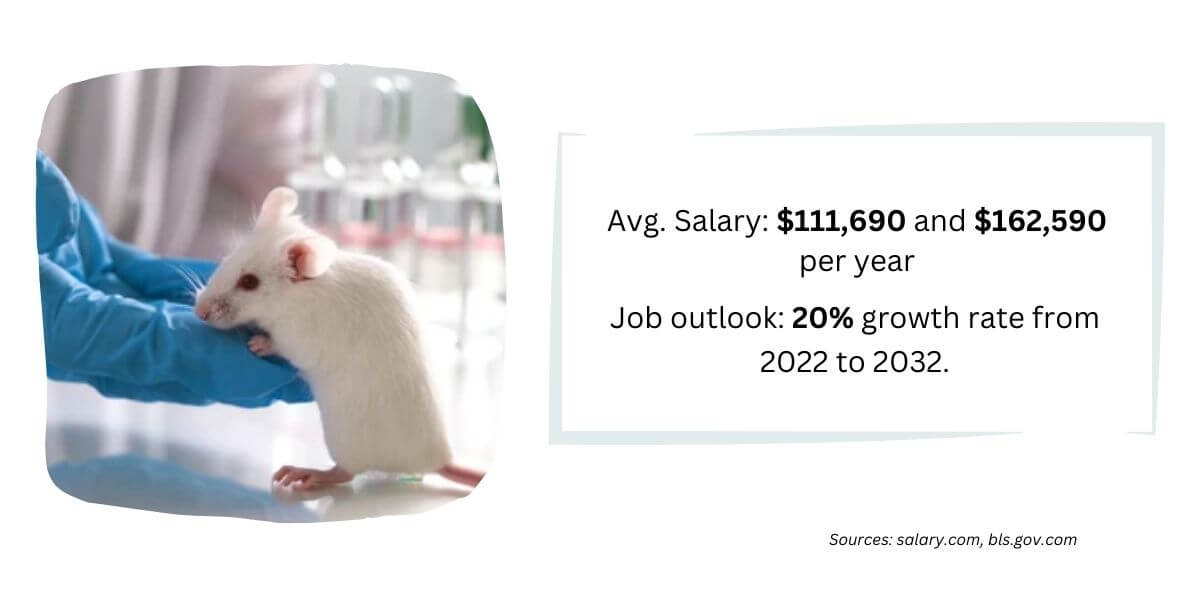
Laboratory Animal Medicine is a specialized field of veterinary medicine that focuses on the care, health, and welfare of animals used in scientific research and testing. Professionals in this field, known as laboratory animal veterinarians or laboratory animal medicine specialists, play a crucial role in ensuring that animals used in research are treated ethically, receive appropriate care, and are essential for advancing scientific knowledge.
These specialists review and approve research protocols involving animals to ensure that the studies are scientifically valid and that animal welfare is protected. They also assist in surgical procedures and provide anesthesia to make sure the comfort and safety of animals during experiments.
10. Microbiology
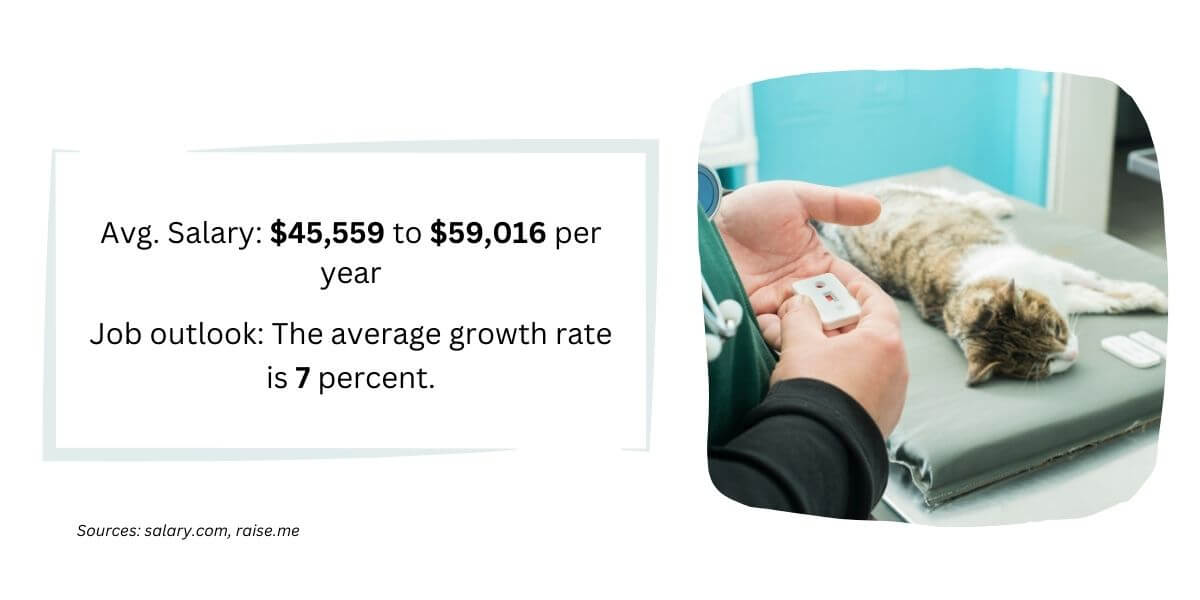
Veterinary microbiologists serve as instrumental figures in the quest to combat infectious diseases affecting animals. Their primary domain involves conducting research within laboratory settings to investigate the intricate world of bacteria, parasites, and various microorganisms that give rise to diseases in animals.
What sets their work apart is its broader significance, as some of these diseases can cause a risk to both animal and human health. In this dual role, veterinary microbiologists play a pivotal role in safeguarding public health by identifying, understanding, and developing treatments for infectious agents that can cross species boundaries. Their research not only enhances animal well-being but also contributes to the protection of human populations from zoonotic diseases, reinforcing the interconnectedness of the animal and human health domains.
They can further choose to specialize in disciplines like Virology, Immunology, Bacteriology/Mycology, Parasitology, etc.
11. Nephrology and Urology
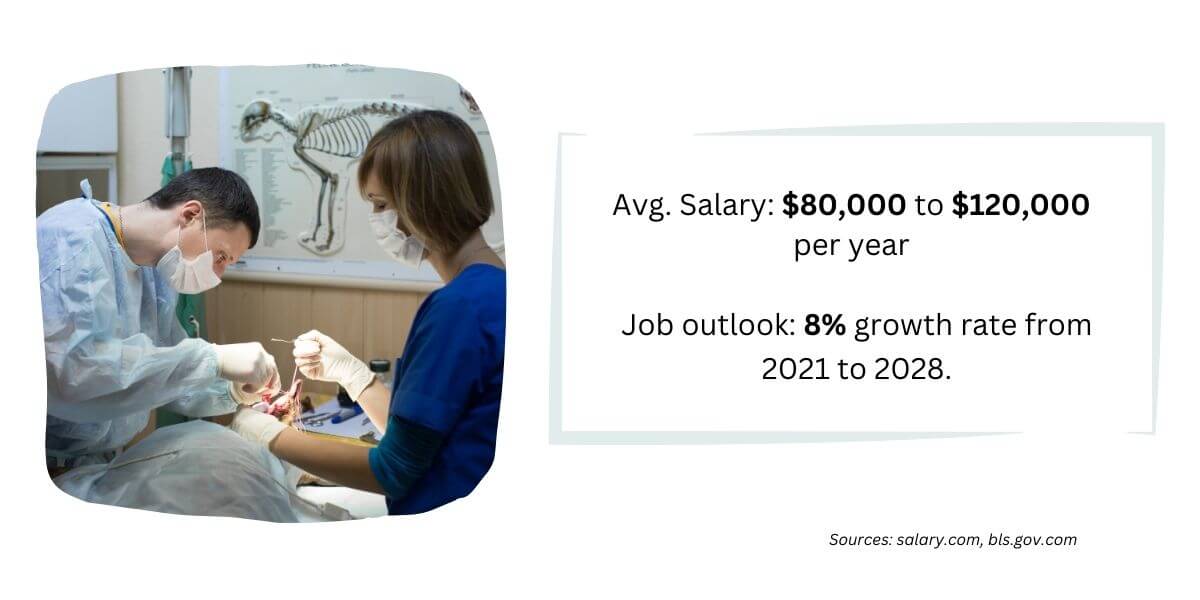
The field of Veterinary Nephrology and Urology is dedicated to the meticulous examination, treatment, and oversight of diseases and disorders affecting the kidneys and urinary systems of animals. This specialized discipline serves as a linchpin in the preservation of animals' holistic health and vitality, as it diligently tackles issues that impact the functionality of their kidneys and urinary processes.
Their primary responsibilities include diagnosing and managing urinary tract disorders such as urinary tract infections, bladder stones, incontinence, and anatomical abnormalities. They also address complex issues like kidney stones, congenital defects, and chronic kidney disease.
12. Ophthalmology
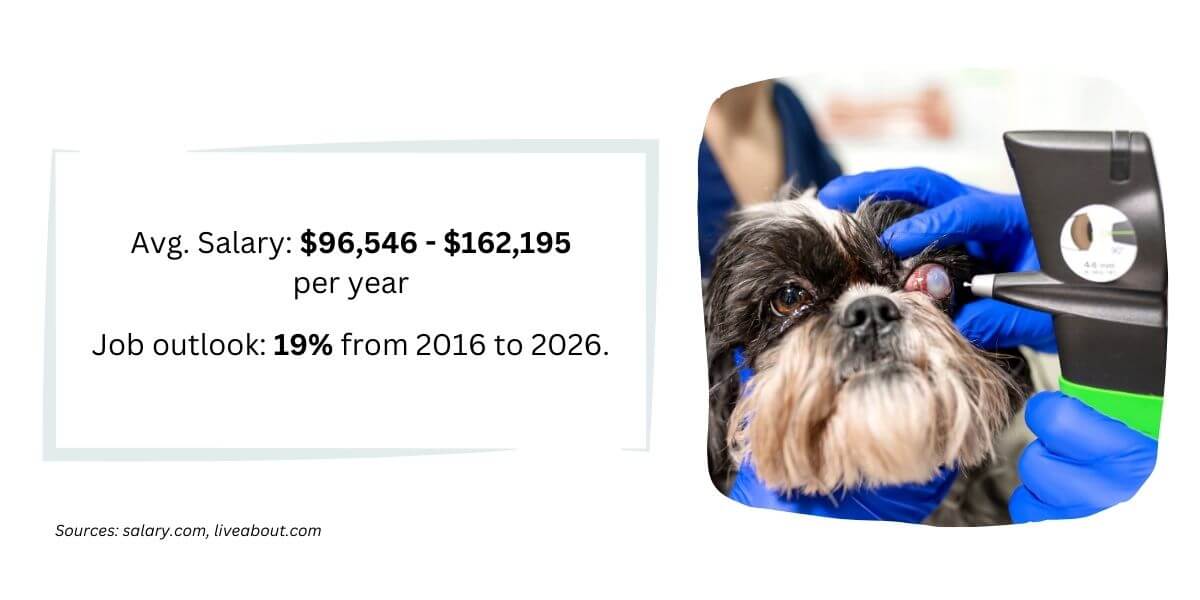
Veterinary ophthalmologists are akin to the optical experts of the animal kingdom. They specialize in treating eye conditions that fall beyond the purview of a general veterinarian's expertise. These specialists carry out comprehensive eye examinations, execute intricate surgical procedures, and collaborate closely with other veterinarians to proactively prevent ocular issues.
Diplomates of the American College of Veterinary Ophthalmologists hold a significant role in enhancing the quality of life for animals. Their dedication to safeguarding and improving visual health ensures that animals receive the precise care they need to enjoy a better and more comfortable life.
13. Pathology

Routine examinations and standard tests may not always uncover every medical issue in animals. In such cases, the expertise of veterinary pathologists becomes indispensable, as they are summoned to provide diagnoses by meticulously examining tissue or fluid samples. These specialists also play a pivotal role in the realm of research and contribute significantly to the development of effective medications.
While the majority of veterinary pathologists are typically found in academic and industrial settings, their expertise is versatile. You can also find them assuming crucial roles in a diverse array of laboratories and government regulatory agencies, ensuring the highest standards in animal health, research, and pharmaceutical advancements.
14. Poultry Veterinary Medicine
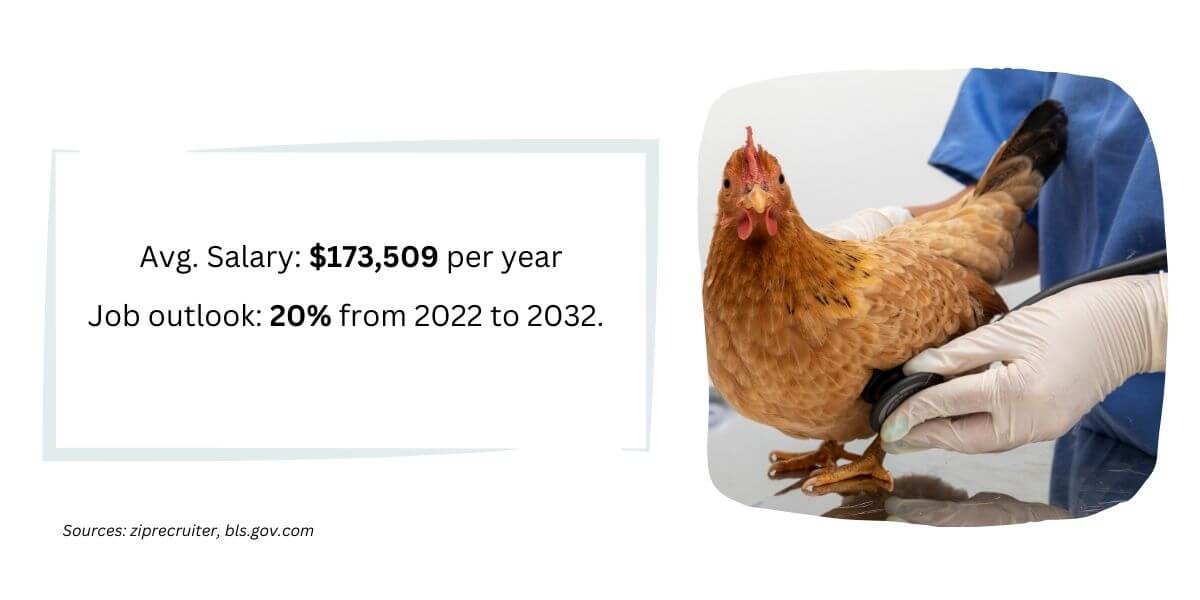
Poultry veterinarians, distinct from avian practitioners in their focus, specialize in the health and welfare of domestic birds, including chickens, turkeys, and ducks. The majority of Diplomates of the American College of Poultry Veterinarians are dedicated to the field of food production, where they play a pivotal role in guaranteeing the safety of meat and eggs intended for consumption. Additionally, these specialists have the option to concentrate their expertise on a particular species of poultry, tailoring their care and knowledge to the specific needs of that species.
15. Preventive Medicine
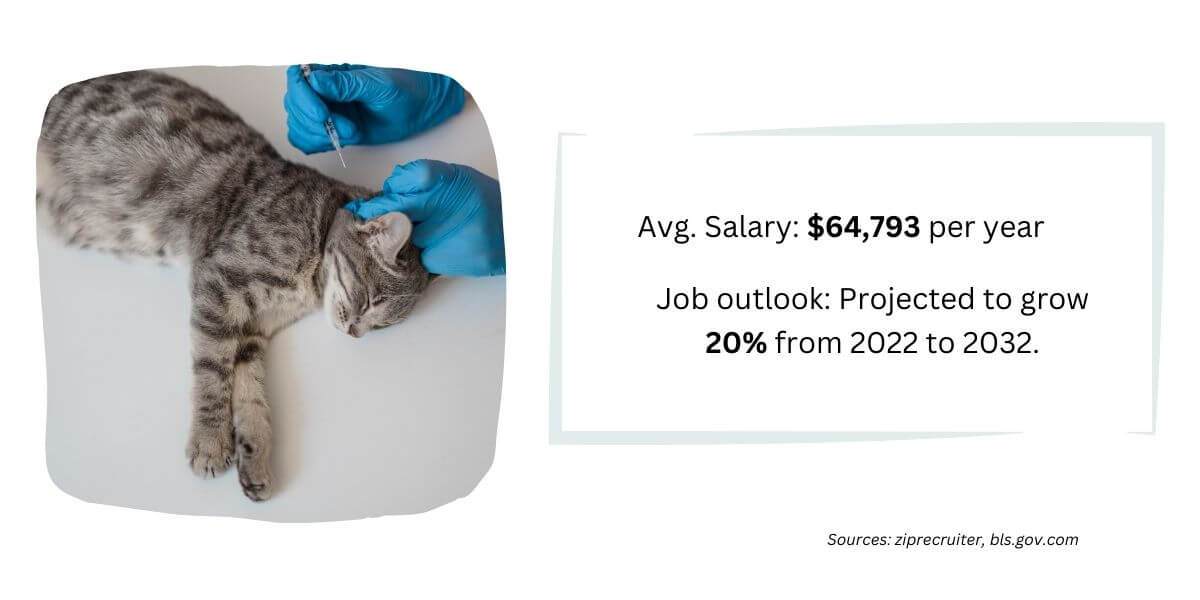
Prevention stands as a cornerstone of health strategies, not just for humans but also for animals. In this vein, preventive medicine veterinarians are dedicated to identifying and managing diseases that impact both animals and humans. This field inherently thrives on collaboration and finds its application in regulatory medicine, epidemiology, and the sphere of public health. These professionals play a vital role in safeguarding the health of both animals and the broader community.
16. Radiology
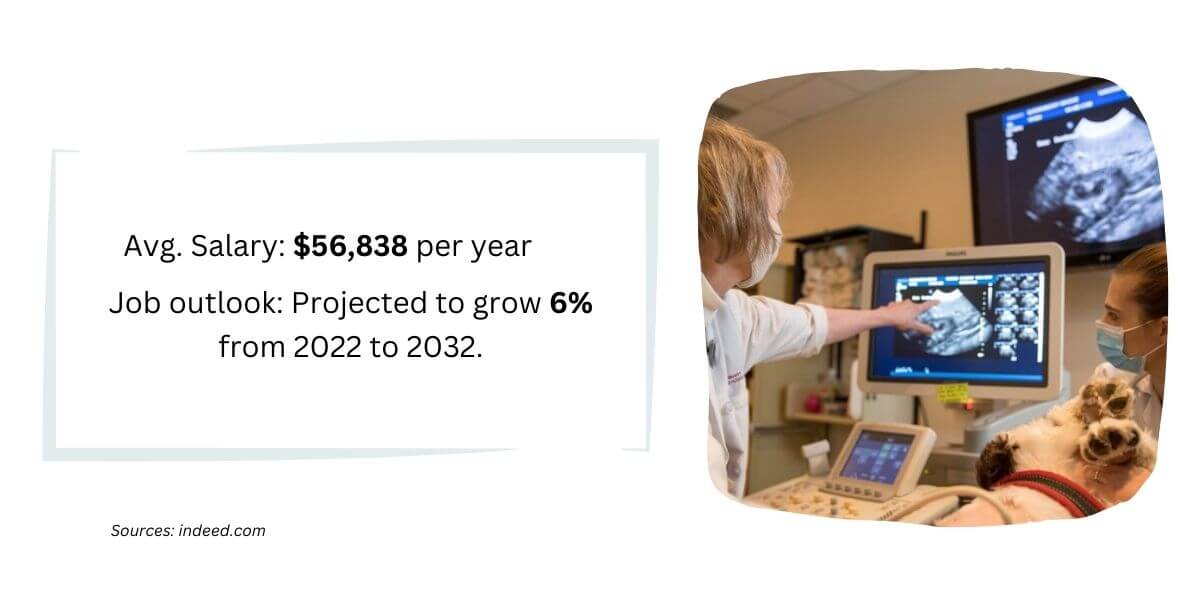
Diplomates of the American College of Veterinary Radiology play a pivotal role in bridging the gap when referral patients require specialized imaging procedures such as X-rays and ultrasounds. They collaborate closely with referring veterinarians to ensure that animals receive the best care and diagnostic accuracy. By providing expertise in advanced imaging, these specialists contribute greatly to achieving the best possible outcomes for the animals under their care.
17. Veterinary Practitioners

Veterinarians have the unique flexibility to work with a wide range of animal species. However, for those who wish to focus their expertise on a specific animal or class of animals, becoming a Diplomate of the American Board of Veterinary Practitioners is an option. This prestigious certification allows veterinarians to develop specialized knowledge and skills in one of the following areas:
- Avian Practice: Focusing on the health and care of birds.
- Beef Cattle Practice: Specializing in the well-being of beef cattle.
- Canine and Feline Practice: Concentrating on dogs and cats.
- Dairy Practice: Addressing the needs of dairy cattle.
- Equine Practice: Devoting expertise to the health and care of horses.
- Exotic Companion Mammal Practice: Specializing in the care of small exotic mammals such as rabbits, guinea pigs, and ferrets.
- Feline Practice: Centering on the care of domestic cats.
- Food Animal Practice: Concentrating on the health of animals raised for food production.
- Reptile and Amphibian Practice: Focusing on the unique requirements of reptiles and amphibians.
- Shelter Medicine Practice: Specializing in the healthcare and welfare of animals in shelter environments.
- Swine Health Management: Devoting expertise to the health and management of swine.
This specialization allows veterinarians to provide highly tailored care and support to their chosen animal group, contributing to the well-being of these animals and, in many cases, benefiting industries and conservation efforts related to them.
18. Sports Medicine and Rehabilitation

Veterinarians specializing in sports medicine and rehabilitation share a common objective: to restore injured athletic animals to their peak health and functionality. Their specialized training equips them with unique skills and knowledge, allowing them to perform surgeries and procedures that may be beyond the scope of other veterinarians.
These specialists have the option to obtain certification to work with specific animals, particularly dogs or horses. Whether their focus is on canine athletes or equine competitors, their expertise ensures that injured animals receive the specialized care needed to return to their normal level of performance, ultimately enhancing the well-being of these athletic companions.
19. Veterinary Surgeons
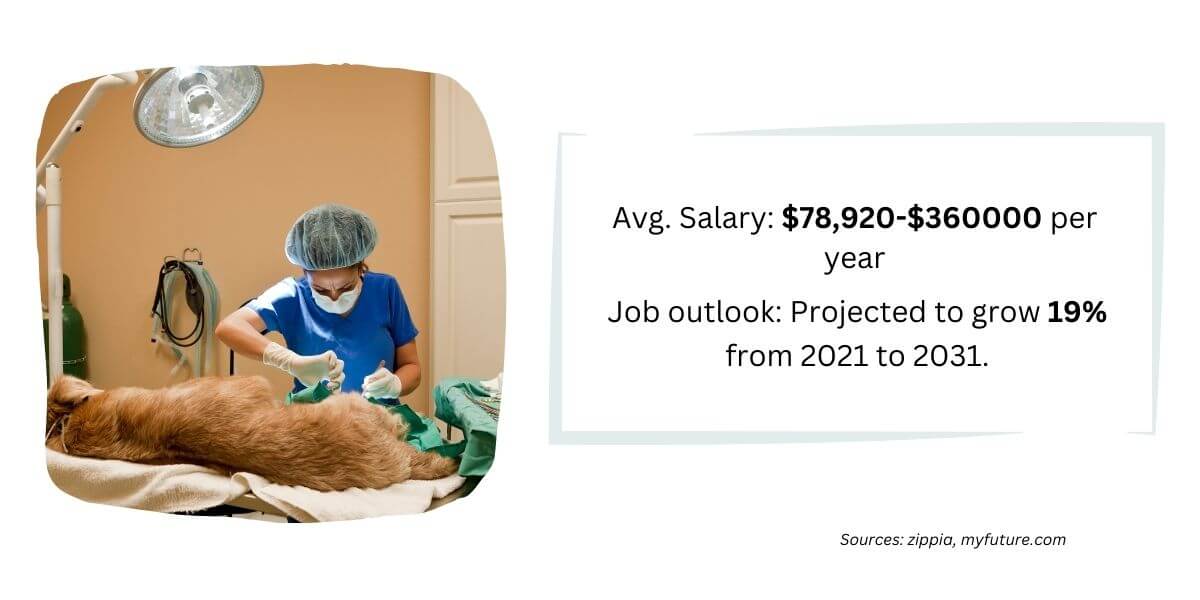
In veterinary medicine, surgeries such as spays and neuters are commonplace. The demand for specialized expertise emerges when complex or intricate surgical interventions are required. This is where Diplomates of the American College of Veterinary Surgeons shine. Beyond their extensive training, these veterinary surgeons are equipped with a distinct advantage – access to cutting-edge equipment, purpose-built facilities, and a dedicated team of support staff, resources that may not always be at the disposal of general practice veterinarians.
20. Theriogenologists
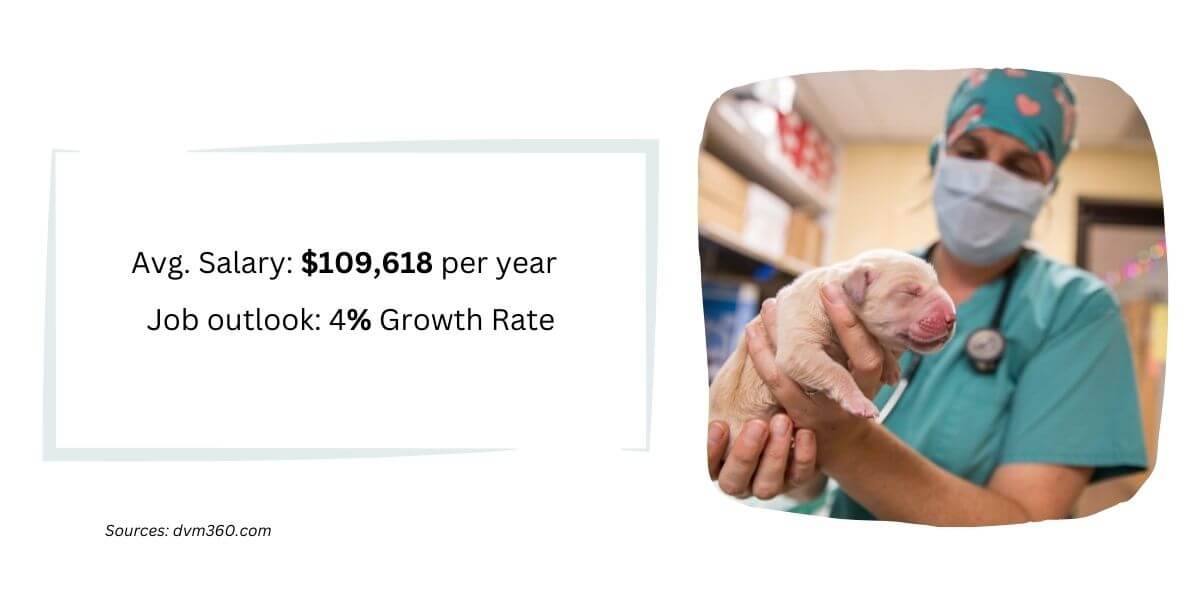
Theriogenologists are the ultimate authorities in the field of animal reproductive health. Their expertise extends across the spectrum of responsible breeding practices, encompassing routine pregnancy assessments to intricate surgical interventions when necessary. With their comprehensive training in animal reproduction, theriogenologists hold a pivotal role in managing agricultural endeavors and safeguarding the populations of protected species. Their contributions are indispensable in ensuring the continuity of animal species and the responsible management of breeding programs, serving both the agricultural industry and conservation efforts.
21. Toxicology
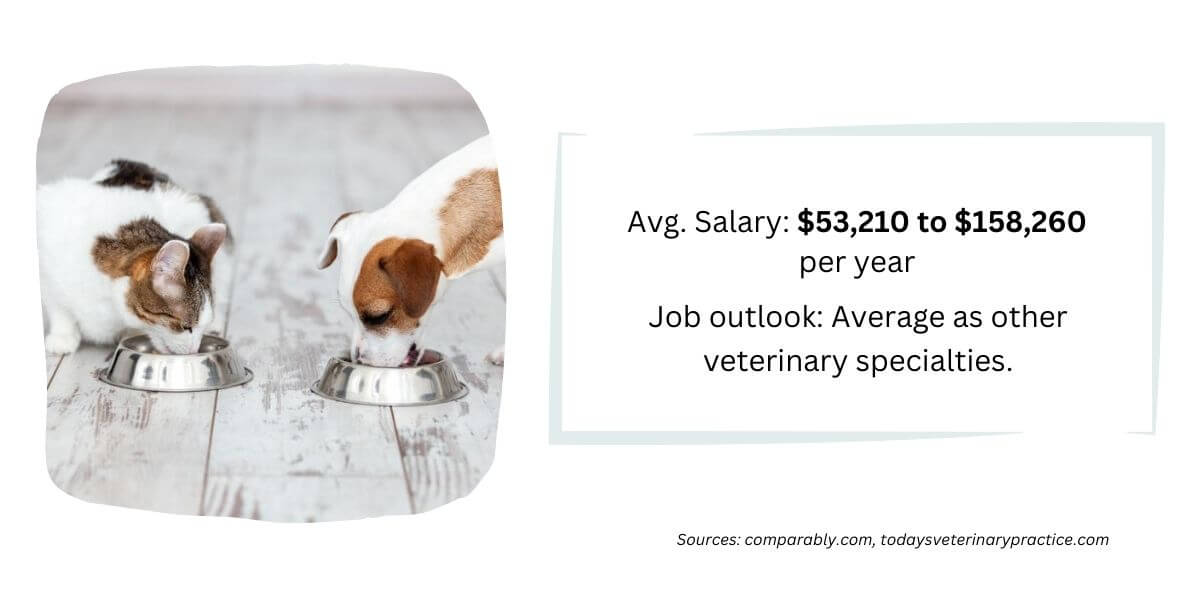
The prevalence of harmful substances in our surroundings may come as a surprise. Fortunately, the field of veterinary toxicology stands as a critical line of defense. Veterinary toxicologists are dedicated to the essential tasks of identifying hazardous substances in products and the environment, devising effective treatments for poisoned animals, and enlightening fellow veterinary professionals about potential risks. Their roles span various settings, and they serve as pivotal champions of public health, working diligently to protect both animals and humans from the dangers posed by toxins.
22. Zoological Medicine
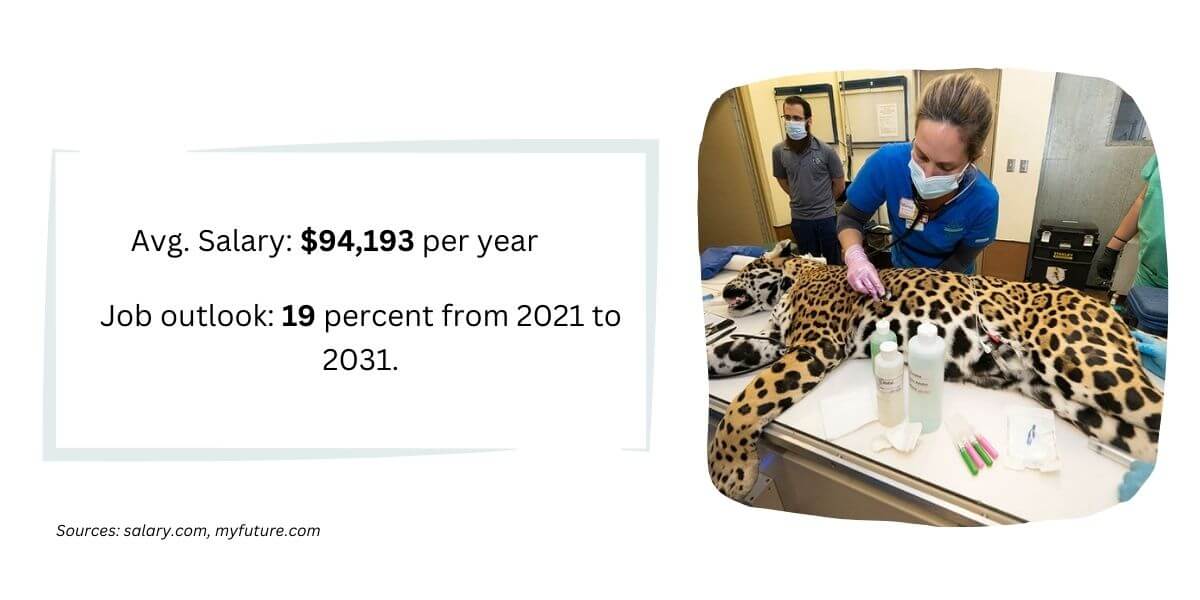
Healthcare needs extend beyond domestic animals to encompass wildlife, whether residing in protected environments or their natural habitats. Zoo and wildlife veterinarians are uniquely trained to meet the distinct healthcare requirements of these creatures. Specialists in zoological medicine not only attend to the well-being of these animals but also serve as vital contributors to conservation efforts and educational initiatives. Their expertise ensures that both captive and wild animals receive the care necessary to thrive, fostering a deeper understanding of and connection with the natural world.
When Should You Consider Seeking Specialized Veterinary Care for Your Pet?
General veterinarians provide comprehensive care for a wide range of animals, from small and large animals to food animals, beef cattle, and exotic companions. To ensure the highest quality of care and treatment, most veterinarians limit their practice to a maximum of two species.

However, as the field of veterinary medicine continually expands and advances, it becomes increasingly challenging for a single veterinarian to possess expertise in all areas. When your regular veterinarian believes that your pet's health or behavior requires specialized diagnosis and treatment, they may recommend consulting a veterinary specialist.
Typically, your regular veterinarian serves as your primary point of contact when you encounter any health issues with your pet. They conduct thorough examinations and provide initial care. If the diagnosis reveals a need for advanced expertise, your regular veterinarian will suggest consulting a veterinary specialist.
Your regular veterinarian possesses in-depth knowledge of your pet, including its medical history and recurring issues. Despite their ongoing efforts, there may be instances where the desired results are not achieved. In such situations, seeking a second opinion, particularly from a veterinary specialist, is a viable option and within your rights as a pet owner.



